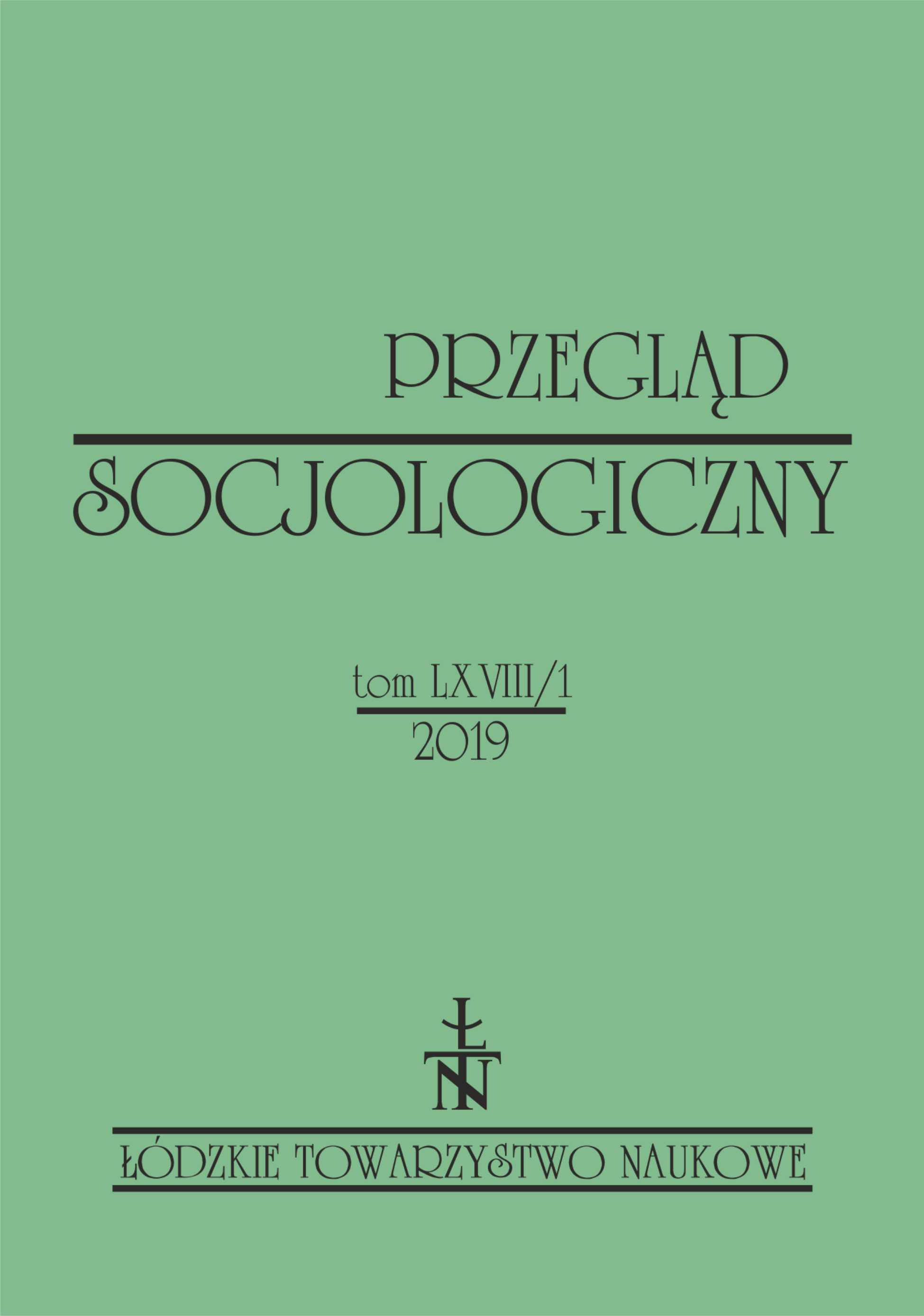Georg Simmel’s insight into the utopian world in which things only unite people
DOI:
https://doi.org/10.26485/PS/2019/68.1/4Keywords:
Simmel; Vergesellschaftung (sociation); exchange of commodities; rationing of goods; decommodification; depreciation; anti-capitalist utopiaAbstract
The article presents in a wider context Georg Simmel’s idea of exchange as a key institution of social life. In particular, the exchange of commodities is juxtaposed with the pivotal institutions of a utopian social order that is deprived of it: the rationing of goods, decommodification of goods that are exchanged as gifts, and the depreciation of their values in an affluent society. These ideas can be traced back as early as Plato’s Laws, Aristotle’s idea of friendship for benefit, and New Atlantis by Francis Bacon – the first imaginary state run by scientists. After the 2008 economic crisis, those three concepts reemerged under the names of the public good economy, post-growth society, sharing economy, zero marginal cost society, the Internet of things, etc. According to the author, the three historical utopian currents distinguished in this article foreshadowed the present-day pre-capitalist, a-capitalist, and post-capitalist utopias. Simmel’s analysis helps to specify the differences between the old utopias as well as to pinpoint the deficit of Vergesellschaftung (sociation) in the new ones.



